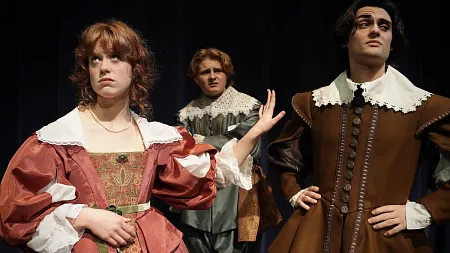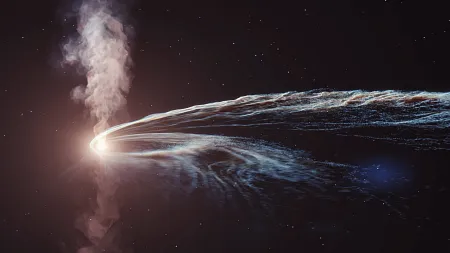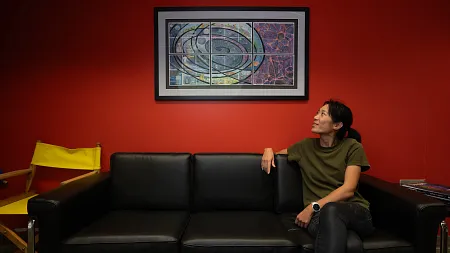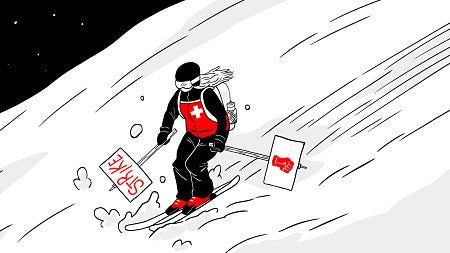

An Education Without Borders
Schnitzer School of Global Studies and Languages is preparing today’s students to
go out and serve the world tomorrow.
By Henry Houston
Experiential Learning | Research & Innovation | Community Impact | Career Preparation | Teaching Excellence | 21st Century Liberal Arts | Building Community | Good Vibes | CAS Spotlights | All Stories | Past Issues
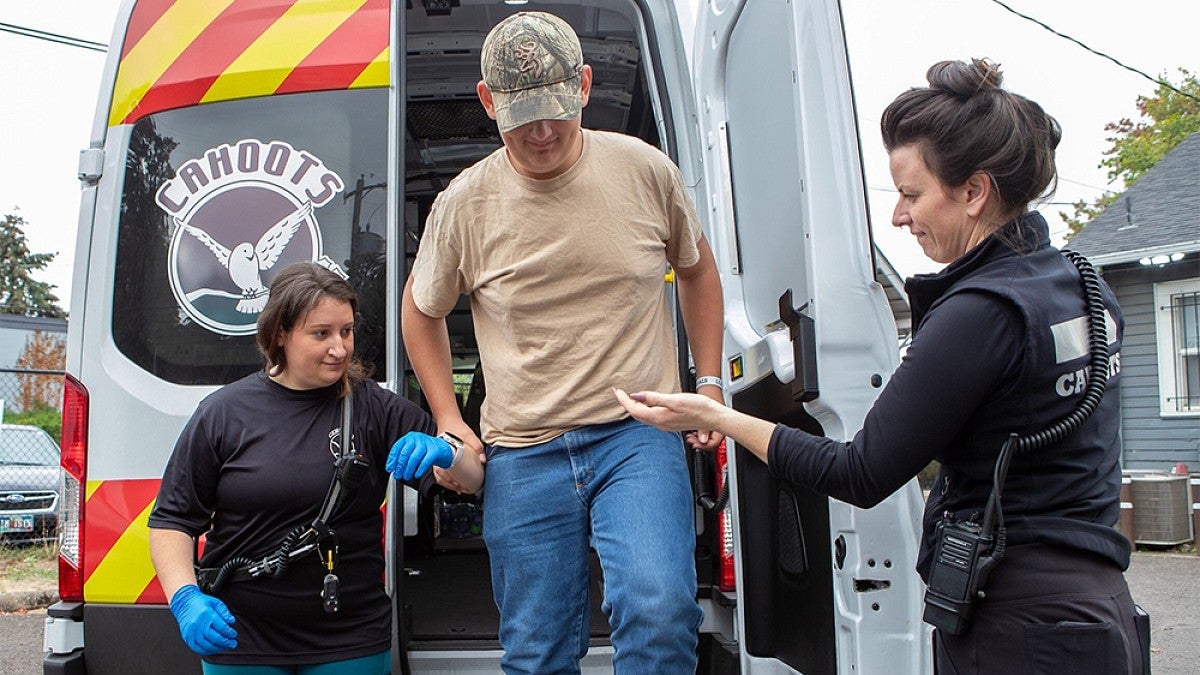
Students in Cahoots
with CAHOOTS
Data science undergrads use their analytical skills for public good in a research-based course piloted last spring.
By Nicole Krueger
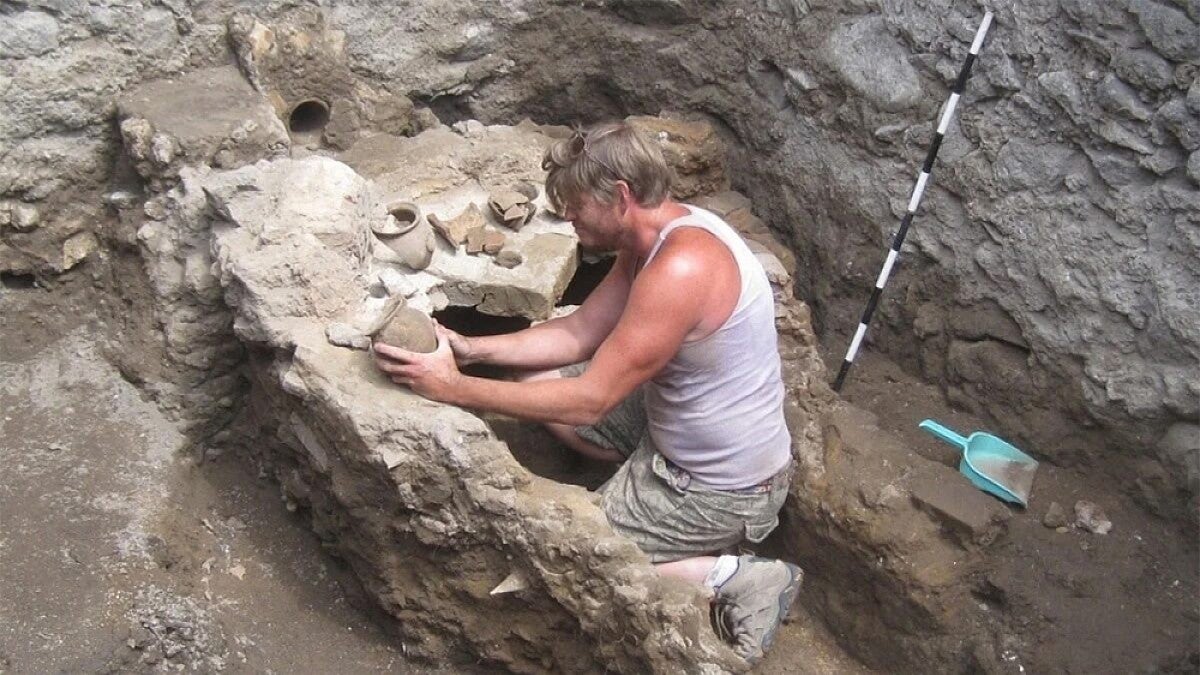
Dumpster Diving in Ancient Rome
An ancient Roman’s trash is treasure to Associate Professor Kevin Dicus, who has spent the past 20 years digging in the ashes of Pompeii.
By Jenny Brooks
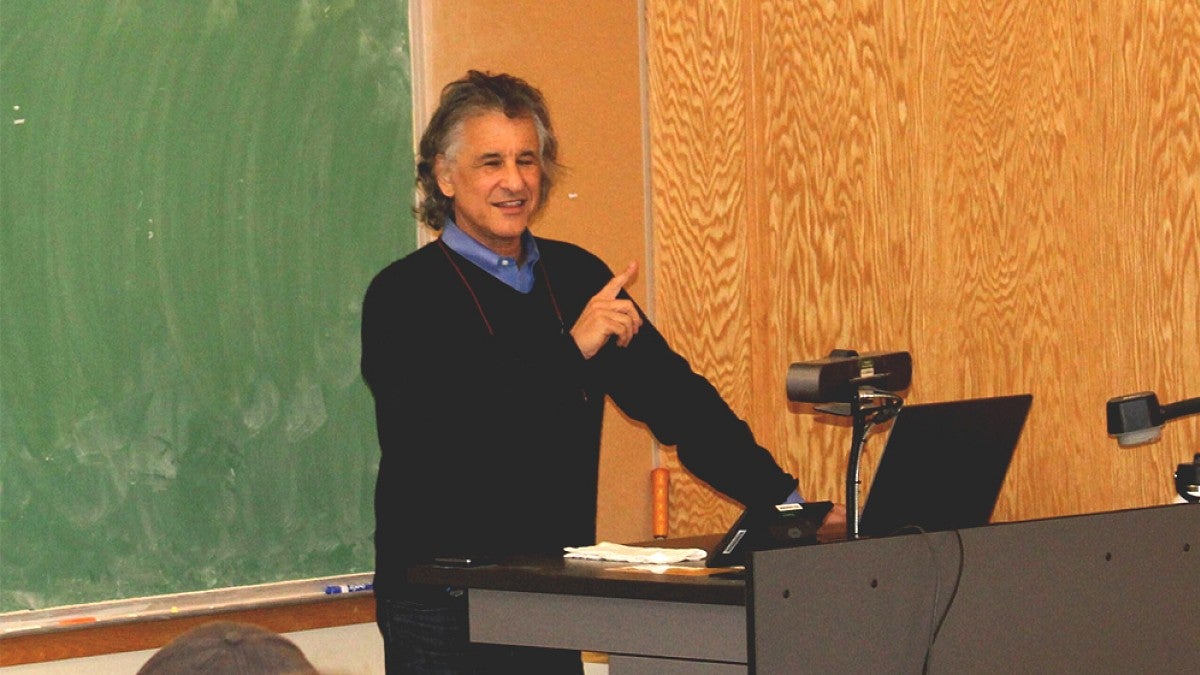
A Brain
on Music
Acclaimed cognitive psychologist and UO alum Daniel Levitin gets people excited about the neuroscience of music.
By Leo Brown
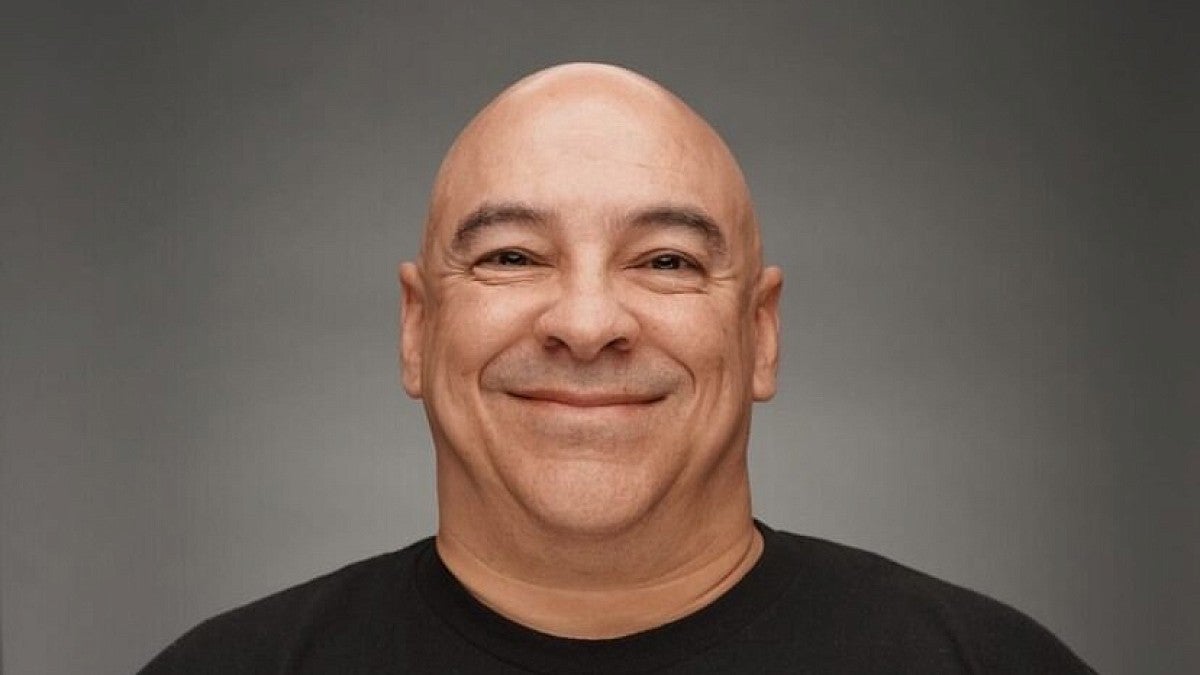
A Road
Less Traveled
After decades in the professional world, this sociology major has finally found his path—and he’s helping other students find theirs.
By Grace Olson and Grace Connolly
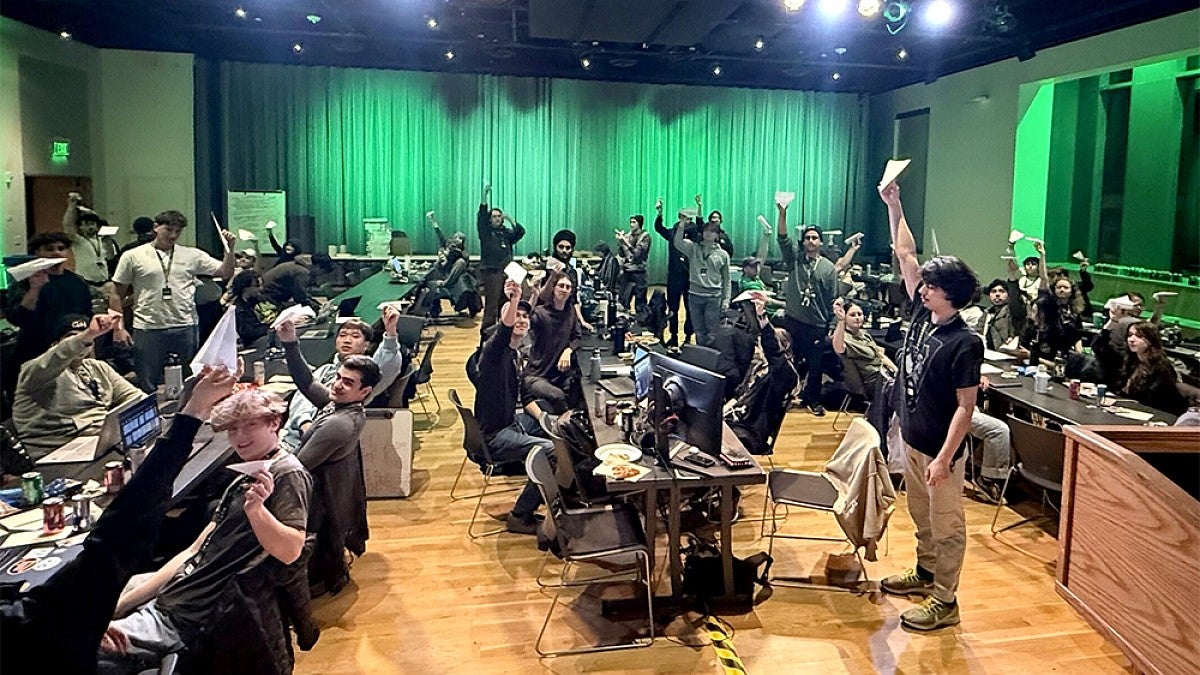
Sprinting Toward Innovation
Student coders put their creativity to the test at QuackHacks, a 24-hour hackathon organized by computer science students.
By Evan Ney
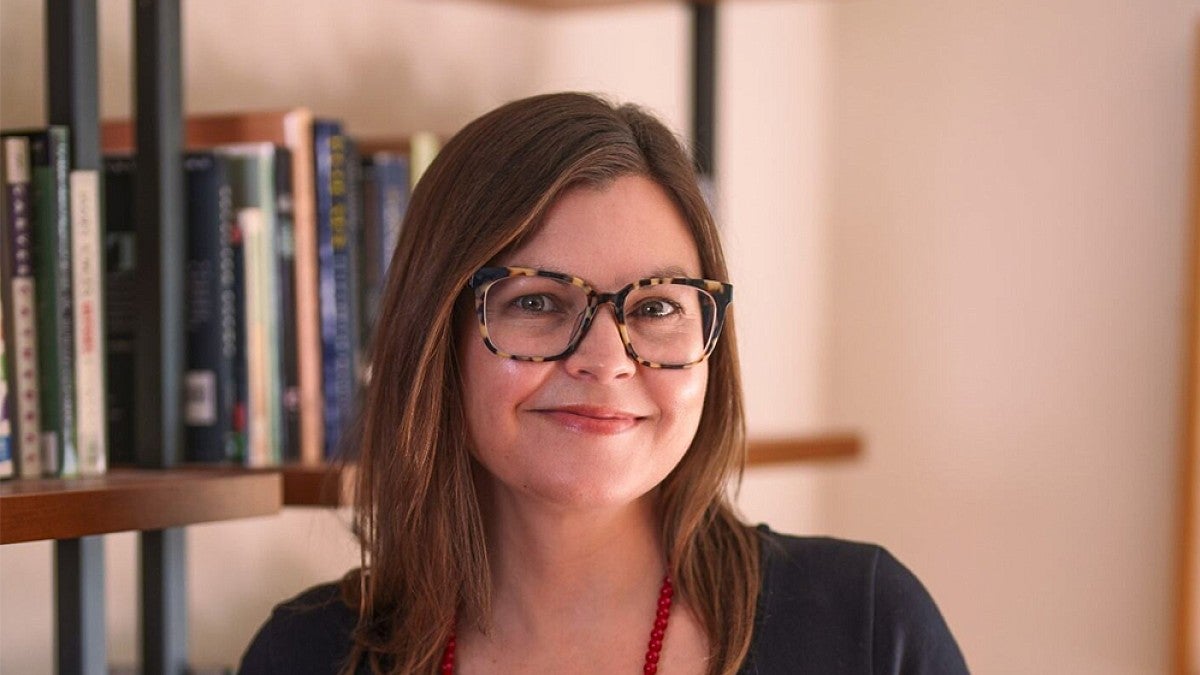
Breaking the Rules of Reality
Bestselling author Karen Thompson Walker has found success as a writer—and as a creative writing associate professor—by asking 'what if?'
By Kendall Baldwin
Humanities Take Center Stage
All the world’s a stage for CAS students, whether they’re on the screen, in the classroom, in the lab or beyond. Hear from Dean Chris Poulsen about how humanities programs like theatre arts and cinema studies build valuable skills—and how storytelling fosters an understanding of what it means to be human. And if you’re in the Eugene area, make sure you buy your tickets for the University Theatre production of POTUS, which runs Feb. 7-23.
CAS News
All news »
From the Media
Connect with Us
CAS Connection is produced by the CAS Communications Department and edited by Nicole Krueger.
Got something to say? Send us your story ideas or contact us at CASConnection@uoregon.edu.
We know you don’t want to miss a single moment of CAS greatness. Stay plugged into the #CASCommunity by following us on your favorite channels.
|
|
|
|
|
|---|

